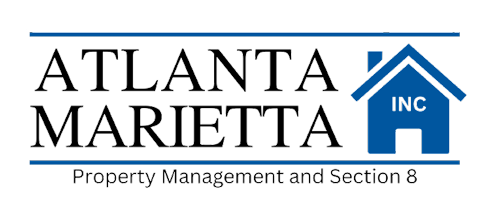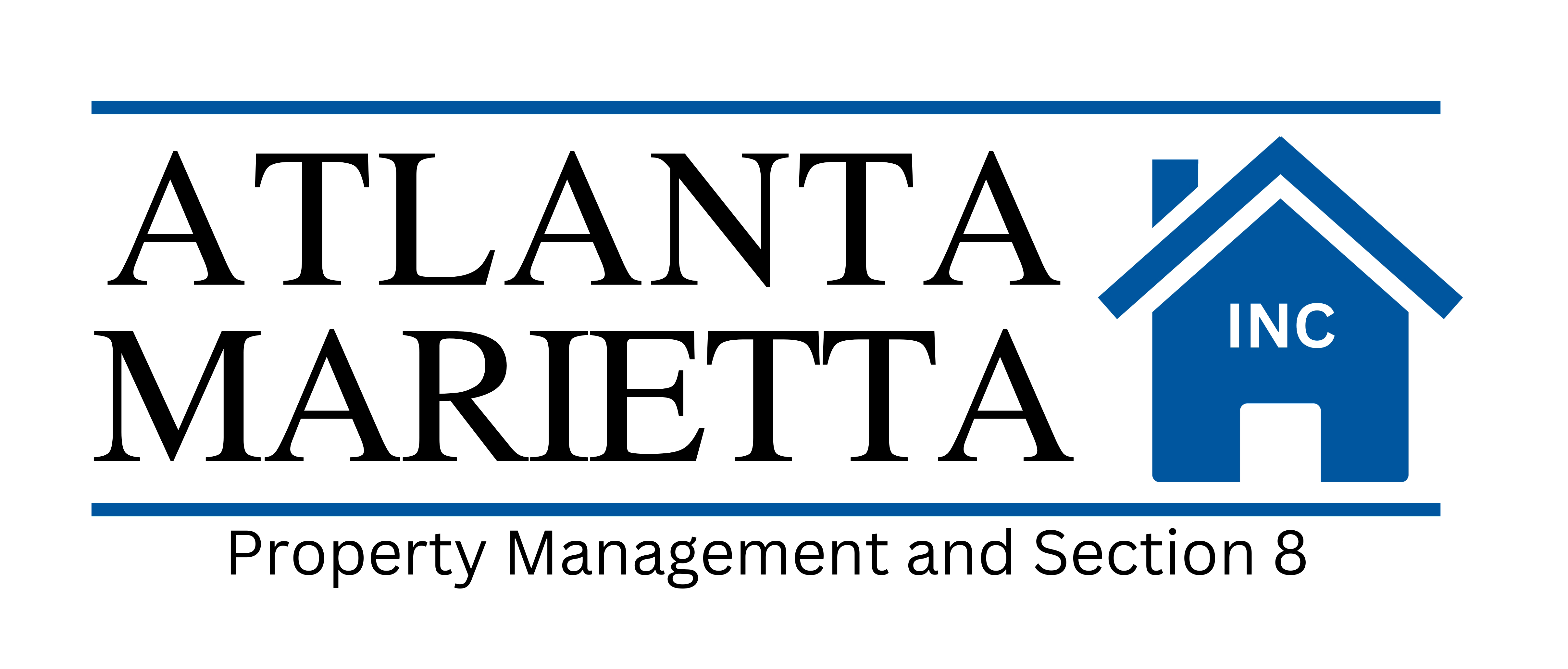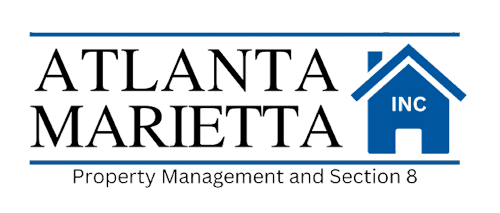
2024 Year-End Property Owner Update and 2025 Outlook
As 2024 comes to an end and 2025 is about to begin, I wanted to provide you with an overview of the Atlanta rental market in 2024 and insights into what you can expect in 2025. While some of the trends are challenging, we are committed to keeping you informed every step of the way.
2024 in Review
Legislative Changes
2024 marked a significant shift in Georgia’s rental landscape. Sweeping legislative changes have increased responsibilities for property owners and expanded tenants' rights, altering the way we manage properties.
One of the most impactful laws was the HB404 Safe at Home Act, signed in July with bipartisan support. This legislation introduced minimum habitability standards for rentals and capped tenant fees. Additionally, it strengthened housing codes and amended landlord-tenant laws to enhance tenant protections. Key provisions include:
- Requiring landlords to maintain properties that meet basic habitability standards.
- Capping security deposits at two months’ rent.
- Revising the eviction process to require a three-day notice (physically posted on the tenant’s door) before legal action can be taken.
- Application of these changes affected lease agreements entered into or renewed on or after July 1, 2024.
Another important change was the Georgia Squatter Reform Act, which addressed long eviction delays caused by the pandemic and outdated laws. This reform streamlined the removal of squatters, reducing timelines to 7–10 days. While challenges persist, this law significantly alleviates the burden on property owners dealing with unauthorized occupants.
Also in 2024, the Corporate Transparency Act (CTA) was introduced by FinCEN, requiring businesses, including LLCs and corporations, to disclose detailed ownership information. This new rule claims to combat financial crimes and money laundering by forcing businesses to report the personal details of anyone who owns or controls at least 25% of an entity. Owners must provide their full name, date of birth, address, and a unique identification number (such as from a passport or driver’s license), along with scanned copies of these documents. Originally, businesses had until December 31, 2024, to comply or face significant fines and jail time for non-compliance.
However, the CTA has faced so much backlash because corporation officers and LLC owners/members believe it imposes an undue burden, particularly on companies with complex ownership structures. Many worry that it exposes personal information, undermining the very privacy protection LLCs were designed to offer. On December 3, 2024, a Texas District Court temporarily halted the enforcement of the CTA with a nationwide injunction, putting compliance requirements on hold while legal challenges continue. Then, on December 23, the Fifth Circuit issued a stay in the Texas appeal but extended the filing date to January 13. We say … stay tuned.
We are also working with legislative PACs to stay informed about regulatory changes anticipated for 2025. This includes federal initiatives such as the HUD Fee Policy, the White House Blueprint for a Renters’ Bill of Rights, and the No Hidden Fees Act of 2023.
Declining Renter Demand
The Georgia rental market saw a decline in renter demand in 2024 due to several factors:
- A huge increase supply of rental properties.
- Economic pressures leading renters to share housing or delay moving out.
- Adjustments in rental prices following years of sharp increases.
The Atlanta market saw an influx of investors from high-cost states like California, New York, and New Jersey, who purchased properties at premium prices with plans to flip them. However, due to a sluggish sales market, many ended up leasing these properties instead, setting rental rates to cover their high mortgages resulting in higher than what most renters could afford. Simultaneously, a significant number of short-term rentals converted to long-term leases as owners struggled to cover the costs of vacation rentals amid declining demand. These owners, still hoping for high rental returns, listed their properties at inflated prices. Additionally, a surge in large apartment complex construction led to an oversupply, forcing rents down and introducing incentives to attract tenants. At the same time, many renters, facing rising living costs, have become less willing or able to pay the upfront costs of moving, such as security deposits, rent, fees, and moving expenses.
Rising Property Costs
The cost of property ownership continues to rise, with a recent Wall Street Journal article describing these increases as “spiraling.” Fixed expenses like property taxes, HOA dues, and insurance premiums have steadily climbed, while variable costs such as repairs and capital improvements have also surged. This has created significant financial strain for property owners, forcing them to keep rental prices high. However, many owners are now realizing they have little choice but to lower rents and absorb losses over the next few years.
Looking ahead to 2025:
As we move into 2025, several key trends and challenges are on the horizon for the rental market. Here’s what you can expect:
Market Trends
The legislative changes introduced in 2024 are likely to inspire additional rental industry bills in 2025, including discussions around potential rent control measures.
Renter Demand and Pricing
We anticipate renter demand will continue to slow, resulting in flat or declining rents. Landlords may need to offer substantial move-in incentives to fill vacancies. Demand will also vary significantly depending on property type and location:
- Suburban single-family homes are expected to maintain relatively steady demand but with lower rents.
- Condos, apartments, and townhomes are likely to face reduced interest due to oversupply and lifestyle.
Recent data highlights this trend:
- 11Alive.com reported a 4% decline in year-over-year asking rents for Atlanta properties.
- MMG Real Estate Advisors reported 3.3% year-over-year decrease in the first quarter of 2024.
- Zillow revealed a 10% year-over-year decrease in asking rents for apartments, condos, and townhomes, with landlords offering up to 10 weeks of free rent in some cases.
These shifts reflect heightened competition among landlords and emphasize the importance of pricing rentals appropriately for current market conditions.
Property Costs
Although the pace of rising property costs may moderate slightly in 2025, expenses such as property taxes, HOA dues, insurance premiums, and maintenance are expected to increase further.
In summary, 2025 is likely to mirror 2024:
- Increased rental supply.
- Decreased renter demand.
- Flat or declining rents.
- Rising ownership costs.
- Greater legal risks.
While this may seem daunting, it’s important to view this period as a market correction following a decade of unprecedented growth in rents, home values, and historically low interest rates. We are simply transitioning back to more moderate market conditions.
Protecting Your Investment in 2025
Consider these strategies to help navigate the challenges of the next few years:
1. Resident Retention
Minimizing tenant turnover is essential for reducing expenses. Keeping turnover low can save property owners significant amounts in unnecessary vacancy and turnover costs. While slightly lowering the rent may seem like a concession, it’s often more cost-effective than facing a vacancy or an eviction. To encourage tenant retention, focus on creating a positive rental experience by offering:
- Prompt and reliable maintenance services.
- Easy and convenient online payment options.
- Outstanding customer service.
2. Minimizing Vacancy During Turnovers
For properties that do experience turnover, try to keep updates to a minimum but make sure repairs are made. Keep the pr For properties experiencing turnover, aim to minimize updates while ensuring all necessary repairs are completed. Maintain the property's curb appeal while it’s on the market, maximize marketing exposure to attract potential renters, and promptly schedule showings or offer self-showing options. Gather feedback from prospective renters to adjust pricing if needed. Set the rental price correctly from the beginning to present the property as a fresh, well-priced listing rather than one that appears stale on the market.
3. Competitive Repair Pricing
Address repairs promptly to prevent minor issues from becoming major problems. Build strong relationships with trusted handymen and technicians to ensure consistent pricing, timely service, and high-quality work. Having reliable professionals on hand will help maintain the property’s appeal and keep tenants satisfied.
The Bigger Picture
Although the current market poses challenges, we remain confident in the long-term prospects for real estate investors. On behalf of the entire Atlanta Marietta Property Management team, we wish you success in 2025. Should you need any assistance, we would be honored to help.

Kathy Pecora, Broker
Atlanta Marietta Inc












